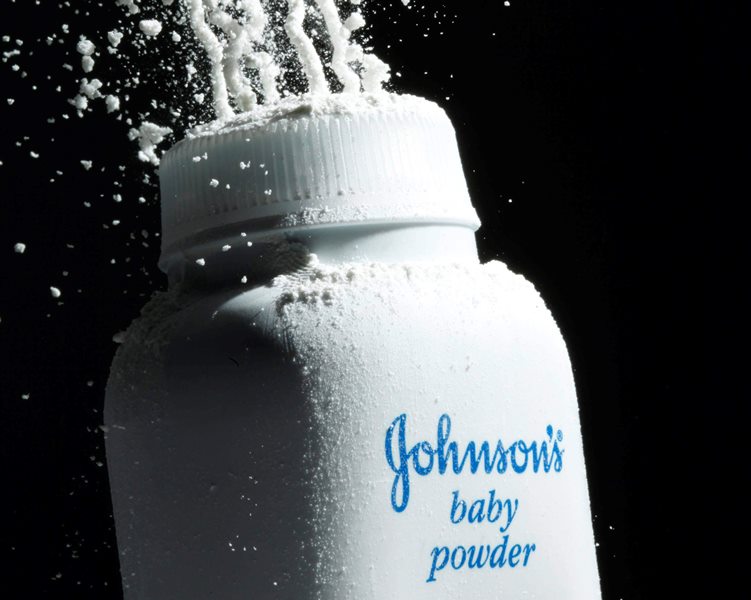ST. LOUIS – A St. Louis jury has awarded a Virginia woman a record-setting $110.5 million in the latest lawsuit alleging that using Johnson & Johnson’s baby powder caused cancer.

The jury ruling Thursday night for 62-year-old Lois Slemp, of Wise, Virginia, comes after three previous St. Louis juries awarded a total of $197 million to plaintiffs who made similar claims. Those cases, including the previous highest award of $72 million, are all under appeal. About 2,000 state and federal lawsuits are in courts across the country over concerns about health problems caused by prolonged talcum powder use.
Slemp, who was diagnosed with ovarian cancer in 2012, blames her illness on her use of the company’s talcum-containing products for more than 40 years. Her cancer has spread to her liver. Although she was too ill to attend the trial, an audiotape of her deposition testimony was played. In it she said: “I trusted Johnson & Johnson. Big mistake.”
READ MORE: Canadian class-action alleges link between baby powder and ovarian cancer
Jim Onder, one of her attorneys, said Friday that Slemp was “thrilled” when the verdict was shared with her in a phone call and that she hoped it would “send a message.” He said she is too sick to talk to reporters.
WATCH: Johnson & Johnson to pay $72M in 2016 suit linking baby powder to ovarian cancer

Johnson & Johnson, based in Brunswick, New Jersey, said in a statement that it would appeal and disputed the scientific evidence behind the plaintiffs’ allegations. The company also noted that a St. Louis jury found in its favour in March and that two cases in New Jersey were thrown out by a judge who said there wasn’t reliable evidence that talc leads to ovarian cancer.
“We are preparing for additional trials this year and we will continue to defend the safety of Johnson’s Baby Powder,” the statement said.
Talc is a mineral that is mined from deposits around the world, including the U.S. The softest of minerals, it’s crushed into a white powder. It’s been widely used in cosmetics and other personal care products to absorb moisture since at least 1894, when Johnson & Johnson’s baby powder was launched. But it’s mainly used in a variety of other products, including paint and plastics.
READ MORE: Johnson & Johnson loses baby powder cancer case, California woman awarded $70M
Much research has found no link or a weak one between ovarian cancer and using baby powder for feminine hygiene, and most major health groups have declared talc harmless. Still, the International Agency for Research on Cancer classifies genital use of talc as “possibly carcinogenic.”
Attorneys with Onder, Shelton, O’Leary & Peterson, the firm that handled the St. Louis cases, cited other research that began connecting talcum powder to ovarian cancer in the 1970s. They cite case studies showing that women who regularly use talc on their genital area face up to a 40 per cent higher risk of developing ovarian cancer.
- Gas prices in Ontario, Quebec to jump to highest level in 2 years: analyst
- Shoppers faces proposed class action over claims company is ‘abusive’ to pharmacists
- What’s going on with the Cybertruck? Tesla seems to have halted deliveries
- Most Canadian youth visit dentists, but lack of insurance a barrier



Comments